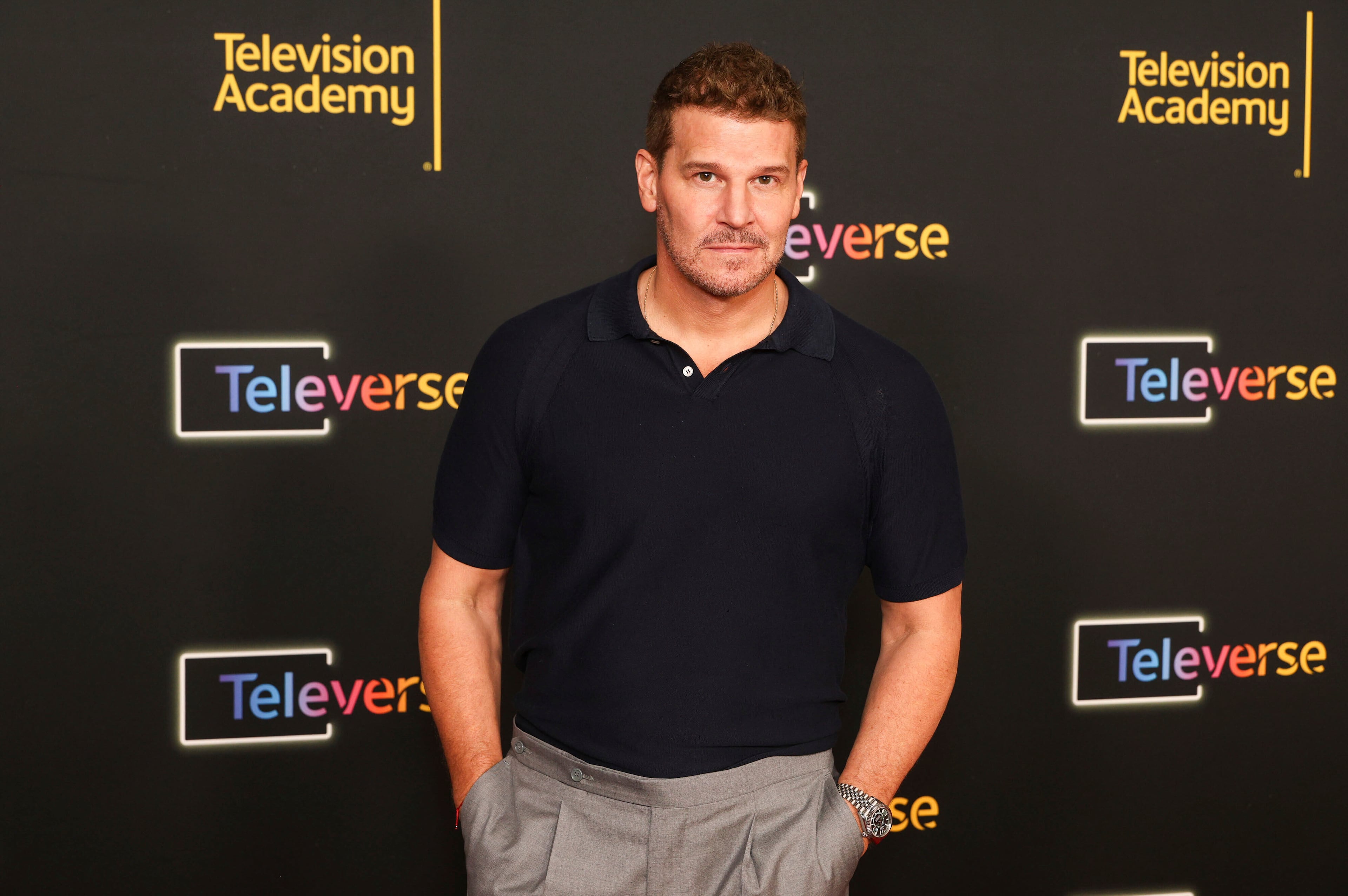Clay Aiken featured in Esquire Network docuseries 'The Runner Up' April 7

By RODNEY HO/ rho@ajc.com, originally filed Friday, April 3, 2015
Clay Aiken has a mellifluous singing voice that melted millions of viewer's hearts in 2003 as runner up during what is now considered an epic season two of "American Idol."
That fame carried him to Broadway, concerts at Chastain Park Amphitheatre and a 2012 stint on "Celebrity Apprentice."
So skeptics had a laugh when they heard last year he was pursuing a Congressional House seat in a heavily Republican district as a gay Democrat. Esquire Network decided to follow him around, turning his quixotic campaign into a four-hour docuseries called "The Runner Up," debuting April 7 at 10.
It's no spoiler to say he lost by a wide margin. That was practically a given from day one. But the journey is fascinating nonetheless.
In the first episode, Aiken comes across as a sincere political neophyte but also a bit of a control freak, wrangling with his staff over the placement of a single campaign sign. He gets angry when a Democratic primary opponent smears him in a TV ad. And he has a surprising potty mouth. In the first episode alone, he utters various curse words at least a half-dozen times.
"When people hear Clay Aiken is running for Congress," Aiken said, "they say what the f***? We called it what-the-f*** mountain for a long time!"
"You get pigeonholed when you’re in the public eye," he added. "You get put in the box and people think you can only do one thing."
And then he gets to the crux of the matter: "I am running because there are people in my district and my home who are being ignored. I want to try to give a voice to them."
Jonathan Chinn, an executive producer with credits such as Morgan Spurlock's FX series"30 Days" and Emmy-winning 2001 docuseries"American High," said he thought at first that Aiken's campaign was a joke. But when he met with the North Carolina native, he realized Aiken was a viable candidate.
"He was well versed on the politics of his district and state," Chinn said. "It wasn't a stunt at all."
Aiken was understandably wary of being filmed and had been approached before. "I think he said no to all other suitors," he said. "We threw a bunch of awards and credits at him. Somehow, I managed to persuade he would be safe in my hands."
This is a documentary, not a reality show. The cameras followed him around to most events and meetings, but the producers didn't "stage" anything. Esquire, Chinn said, let them do their thing while Aiken "had zero editorial input."
"We rolled with the punches,' he said," and they gave us good access."
Aiken purposely refused to sing in public while running for Congress (though he will be heard in private during the series.) He didn't want to use his celebrity in that way to draw votes. The novelty of his campaign did garner him plenty of press. But he actually struggled to raise funds.
"You see his idealism get a little bit crushed by the reality of politics," Chinn said. "The role of money in politics is moving in a scary direction."
At the same time, Aiken in interviews still appears interested in running for office again in the future. "He's gotten bit by the politics bug," Chinn said.
“I don’t think what I tried to do I am finished being able to do," Aiken told reporters at the Television Critics Association confab in January.
Chinn said four episodes was about right given the amount of footage and the way the campaign rolled out, he said. "Six or eight would have been stretching it," he said.
Ultimately, Chinn felt Aiken was never quite able to shake the fact he was an entertainer, although he had a small grace period after eking out a victory in the Democratic primary over a veteran politician who died soon after the primary. Renee Ellmers, the Republican incumbent, saw his past as "his Achilles' heel, a burden he carried until the end."
During the campaign, fans would be so wowed by his celebrity, they often didn't hear what he was saying. As his campaign consultant Betsy Conti said, "They just want a selfie with the candidate."
"A lot of people want to talk about 'American Idol,' " Aiken said early on, with a tone of frustration. "Until I can get past that, I’m going to continue to struggle."
And while his sexual orientation didn't overwhelm his efforts, there were awkward moments when he was forced to address same-sex marriage in North Carolina and other related issues.
Ultimately, Chinn hopes the documentary will give people a much more three-dimensional feel for who Aiken is, warts and all. "The real Clay Aiken is actually more interesting dare I say than the slightly packaged UNICEF ambassador we've seen up to this point."
TV PREVIEW
"The Runner Up," 10 p.m. Tuesday, April 7, Esquire Network


